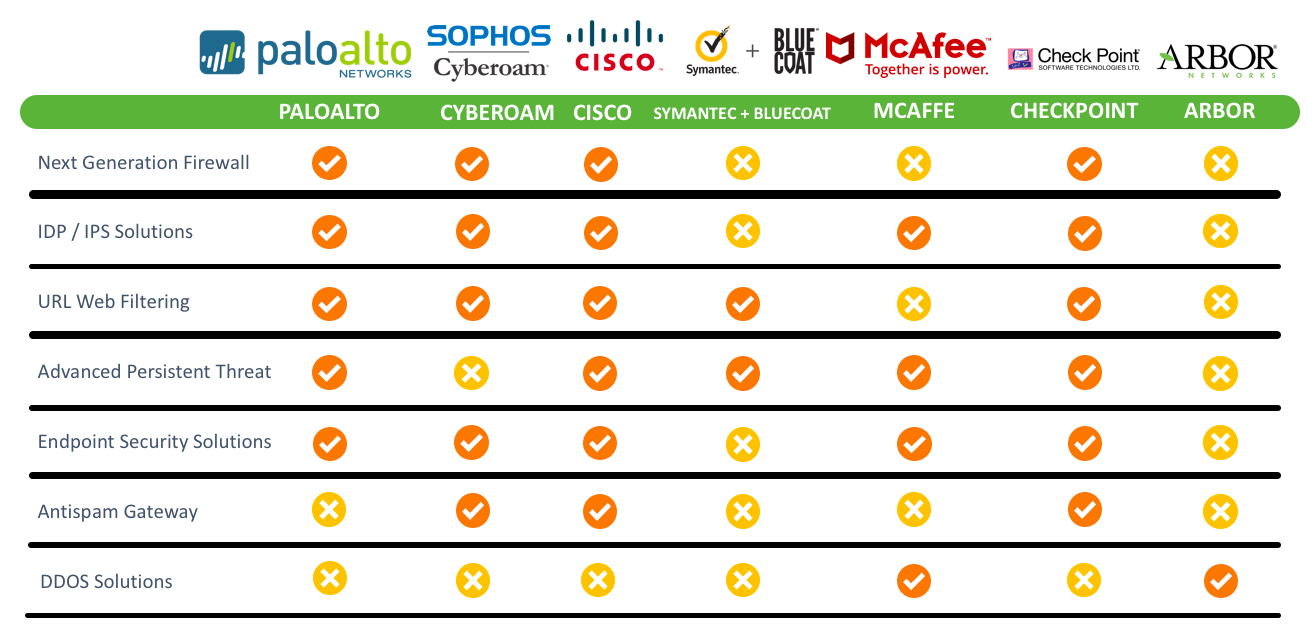
Next Generation Firewall
Traditional firewalls are devices that are set to allow or block the source and destination addresses on traffic gateway according to, the port/service and protocol in practice. This method has lost its efficiency for good gateway control of the traditional firewall approach due to new generation threats and increasing attacks. As these systems have become unable to meet the current needs, security providers have begun to develop methods which prevent security breaches and investigate deep data to reveal malicious software in network traffic.
Traditional method is especially insufficient for application control. Since only port-based restrictions can be implemented in traditional structures, the applications can run on other ports that are allowed.
The Next Generation Firewall allows to control packet content, source-destination and user behavior without sacrificing performance. The most obvious and most important difference between the Next Generation Firewall and traditional architecture is that the former has an architecture that can recognize the applications that form the traffic. This enables the applications decomposition and the establishment of corporate policies based on business rules.



